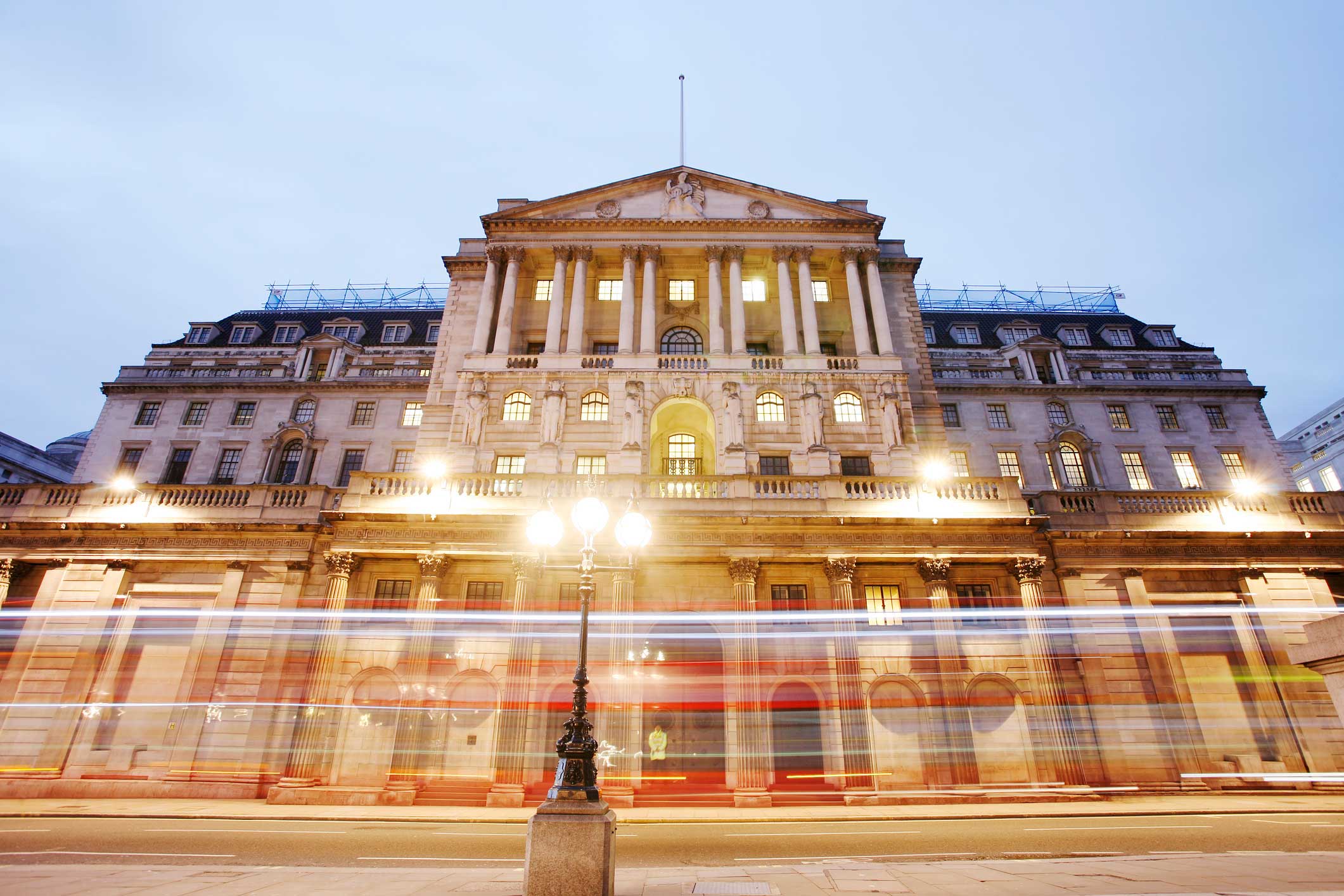Bank of England cuts interest to 0.1% due to coronavirus pandemic
The Bank of England makes a second round of cuts to interest rates to protect the UK economy
19th March 2020 15:10
by Brean Horne from interactive investor
The Bank of England makes a second round of cuts to interest rates to protect the UK economy

The Bank of England (BoE) has cut the base rate to an all-time low of 0.1%.
It forms part a second wave of emergency measures to limit the economic impact of the coronavirus pandemic.
The Monetary Policy Committee (MPC) voted to cut the rate from 0.25% down to 0.1% in a special meeting which took place today, 19 March 2020.
As part of the new package of emergency measures, the MPC also unanimously voted to restart its Quantitative Easing project by purchasing an additional £200 billion of UK government and corporate bonds.
It comes a week after the BoE cut interest rates from 0.75% down to 0.25%.
How will this affect borrowers?
Cuts to the base rate usually make the cost of borrowing cheaper.
When the Bank of England made its first cut last week, mortgage providers were quick to pass on the reduction to customers with a tracker or standard variable rate (SVR) mortgage.
While today's cut will see rates fall for borrowers with a tracker mortgage, the impact of coronavirus on business workforce may limit the extent to which further reductions can be made.
Andrew Montlake, managing director of mortgage broker, Coreco says:“With UK interest rates now at their lowest level in history, we expect a surge in enquiries about what this means from existing and prospective mortgage borrowers.
“Those on a tracker product will see an immediate benefit, but fixed rates are unlikely to be cut much further.
“Lenders have their own issues to deal with as many of their staff are off or working from home so this is unlikely to translate into cheaper rates across the board.
“We are already seeing some lenders, especially more specialist mortgage providers, increase their rates to protect their positions.
“In the current climate, lenders need to preserve their margins more than ever, if not bolster them further.
“For anyone looking at remortgaging within the next six months, now is categorically the time to get on with it.”
How will this affect savers?
The base rate cut comes as a further blow for savers, who have faced lacklustre interest rates for the last decade.
Current account holders have also seen a significant reduction in interest rates too.
In January this year, Santander announced it would cut the interest rate on its 123 account from 1.5% to 1% on balances up to £20,000 from 5 May 2020.
A month later TSB revealed that it would cut interest in its Classic Plus account from 3% to 1.5% on balances of up to £1,500 from 2 May 2020.
Most recently, Starling Bank slashed rates on its personal current account down to 0.05%, following the BoE's first base rate cut on 11 March.
Interest rates across savings and current accounts are likely to fall further in the coming months.
This article was originally published in our sister magazine Moneywise, which ceased publication in August 2020.
These articles are provided for information purposes only. Occasionally, an opinion about whether to buy or sell a specific investment may be provided by third parties. The content is not intended to be a personal recommendation to buy or sell any financial instrument or product, or to adopt any investment strategy as it is not provided based on an assessment of your investing knowledge and experience, your financial situation or your investment objectives. The value of your investments, and the income derived from them, may go down as well as up. You may not get back all the money that you invest. The investments referred to in this article may not be suitable for all investors, and if in doubt, an investor should seek advice from a qualified investment adviser.
Full performance can be found on the company or index summary page on the interactive investor website. Simply click on the company's or index name highlighted in the article.